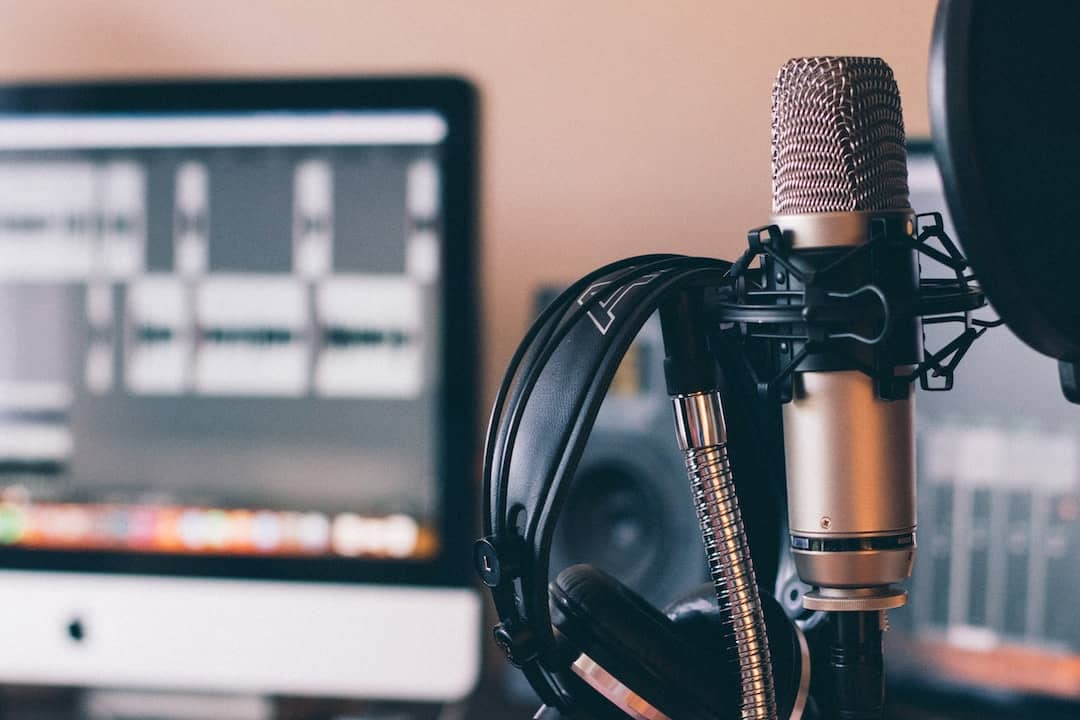How To Find The Frequency Of Your Voice For Singers

Finding the frequency of your voice can be incredibly beneficial for singing. It can help you to develop a better sense of pitch, which will make it easier to stay in tune while singing, as well as improving your overall vocal control and range.
Not only that, but it can also help you to identify any potential issues with your singing and make adjustments accordingly. Knowing your own vocal frequency can help you to practice more effectively, as you’ll be able to identify what sounds you need to work on and practice more effectively.
Additionally, it can also help you to develop a greater sense of confidence and comfort with your own vocal abilities. All in all, finding the frequency of your voice is an excellent way to become a better singer.
In this article, we will show you how to find the frequency of your voice and how it can help you become a better singer.
What exactly is Frequency when relating to the voice?
Frequency is a term used in sound engineering to describe the number of times per second that a sound wave repeats itself/oscillates. It is measured in Hertz (Hz) and it is the most important factor when it comes to determining the quality of your voice.
A higher frequency indicates a higher pitch, and a lower frequency indicates a lower pitch.
Frequency is an important factor when it comes to ensuring the clarity of a voice, as the human ear is better able to distinguish sounds with greater frequencies.
To accurately measure the frequency of your voice, you can use a microphone and audio software that can analyze sound waves.
Knowing your frequency can help you find out what range of frequencies you are best suited for, as well as help you determine how to best use your voice to its fullest potential.
How to Find Your Voice Frequency
There are a few different ways to identify your voice’s natural frequency, these include:
1. Use a frequency analyzer
If you’re looking to find the frequency of your voice, utilizing a frequency analyzer is one of the best tools at your disposal.
These tools use audio signal processing technology to measure the frequencies present in a given sound, and can be used to accurately determine the frequency of your voice.
It’s important to note that different frequency analyzers have different capabilities and accuracy, so it’s important to research which one is right for you.
2. Use a piano
One way to determine the frequency of your voice is to use a piano. To do this, is simply to sing in your low, medium and high vocal registers, and then match the pitch of this to the notes on the piano.
The frequency of your voice can be determined by comparing the two notes. This technique can be especially helpful for determining how well you can hit higher notes. Additionally, it can help you practice singing with your natural vocal range.
3. Use a pitch detector app
Using a pitch detector app is an easy and efficient way to find the frequency of your voice.
There are many different apps available to download, such as PitchLab, Voice Meter, and Voice Analyzer, that can accurately measure the pitch of your voice.
The apps usually work by capturing sound waves and showing the result on a graph or frequency chart.
All you need to do is make some vocal sounds into the microphone and the app will display the data in real time. Knowing your vocal range is essential for vocal coaching and singing lessons, so using a pitch detector app can be an invaluable tool.
Conclusion
Knowing your voice frequency/pitch range is key for becoming a better singer.
By using a frequency analyzer, utilising a piano, or using a pitch detector app, you can easily and accurately find your voice’s natural frequency range. Knowing your frequency can help you determine what range of frequencies you are best suited for, as well as how to best use your voice to its fullest potential.
This can be an invaluable tool for vocal coaching and singing lessons, and can help you become a better singer. In this article, we have provided a guide on how to measure the frequency of your voice, so you can understand the power of frequency and use it to your advantage.
Also, if you’re interested in taking your singing to the next level, why not learn from an experienced singing tutor, in the comfort of you own home, at your own pace. An online singing program like 30-day singer has fantastic reviews and even offers a 100% risk-free, 14-day free trial.